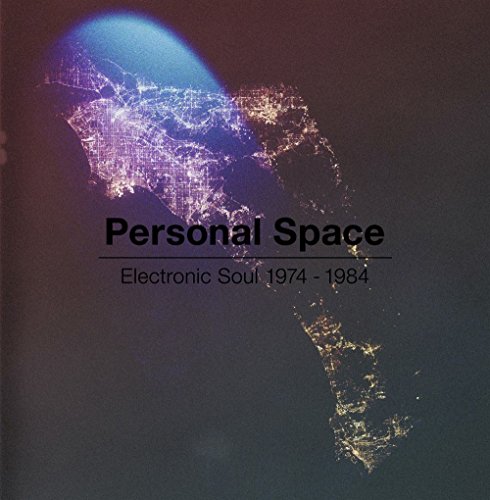
Various Artists
Personal Space: Electronic Soul 1974-1984
Release Date: Apr 24, 2012
Genre(s): R&B, Obscuro, Deep Soul, Deep Funk
Record label: Chocolate Industries
Music Critic Score
How the Music Critic Score works
Buy Personal Space: Electronic Soul 1974-1984 from Amazon
Album Review: Personal Space: Electronic Soul 1974-1984 by Various Artists
Very Good, Based on 4 Critics
Based on rating 8/10
Pop will eat itself, they say, and Personal Space: Electronic Soul 1974-1984 shows just that. This compilation from the consistently brilliant Chocolate Industries collects the naive efforts of over a dozen outfits and solo outcasts who, during the late ‘70s and early ‘80s, took advantage of new programmable drum machines, the decreasing size of synthesizers and increasingly affordable home recording technology. Stowed away in their rumpus rooms, between fake wood paneling and shag carpeting, these mavericks created fully formed compositions without the previously required major label backing.
Based on rating 7/10
There's underground, and then there's the small-scale independent releases compiled on Personal Space: Electronic Soul 1974-1984. If rhythm box and/or synthesizer-armed cult artists such as Timmy Thomas, Shuggie Otis, and Mandré were just under the surface, much of this was dislodged from beneath the earth's crust. Disco freaks will recognize the name of Boris Midney, who wrote and released Makers' breathy and squelchy "Don't Challenge Me." Radio DJ Lynn Tolliver, member of the Broadcasters Hall of Fame, was behind Sexual Harassment's early-'80s electro-sleaze; he's present with the New Year's "My Bleeding Wound," a howling, lewd, reverb-soaked blues number.
Based on rating 5/10
Do you remember the erection section? It's probably before a fair few of you were born, so let's define it. In the mid Eighties, this was a point in the late evening where commercial radio DJs would slip on something a little more comfortable for the listener. Nothing too interrupive, generally slow paced soul numbers. Something slinky from Randy Crawford, something cool from Barry White, maybe some Phyllis Nelson or Dionne Warwick.
Opinion: Excellent
The songs on this fantastic DIY soul compilation from The Numero Group have been billed as bedroom recordings, aligned to fit with the vogue of recent years. Yet it's clear that this is DIY due to economic circumstance, not an arch aesthetic quirk. It is probably the case that all of these artists would have taken the best studio equipment money could buy if it had been offered to them.
'Personal Space: Electronic Soul 1974-1984'
is available now

